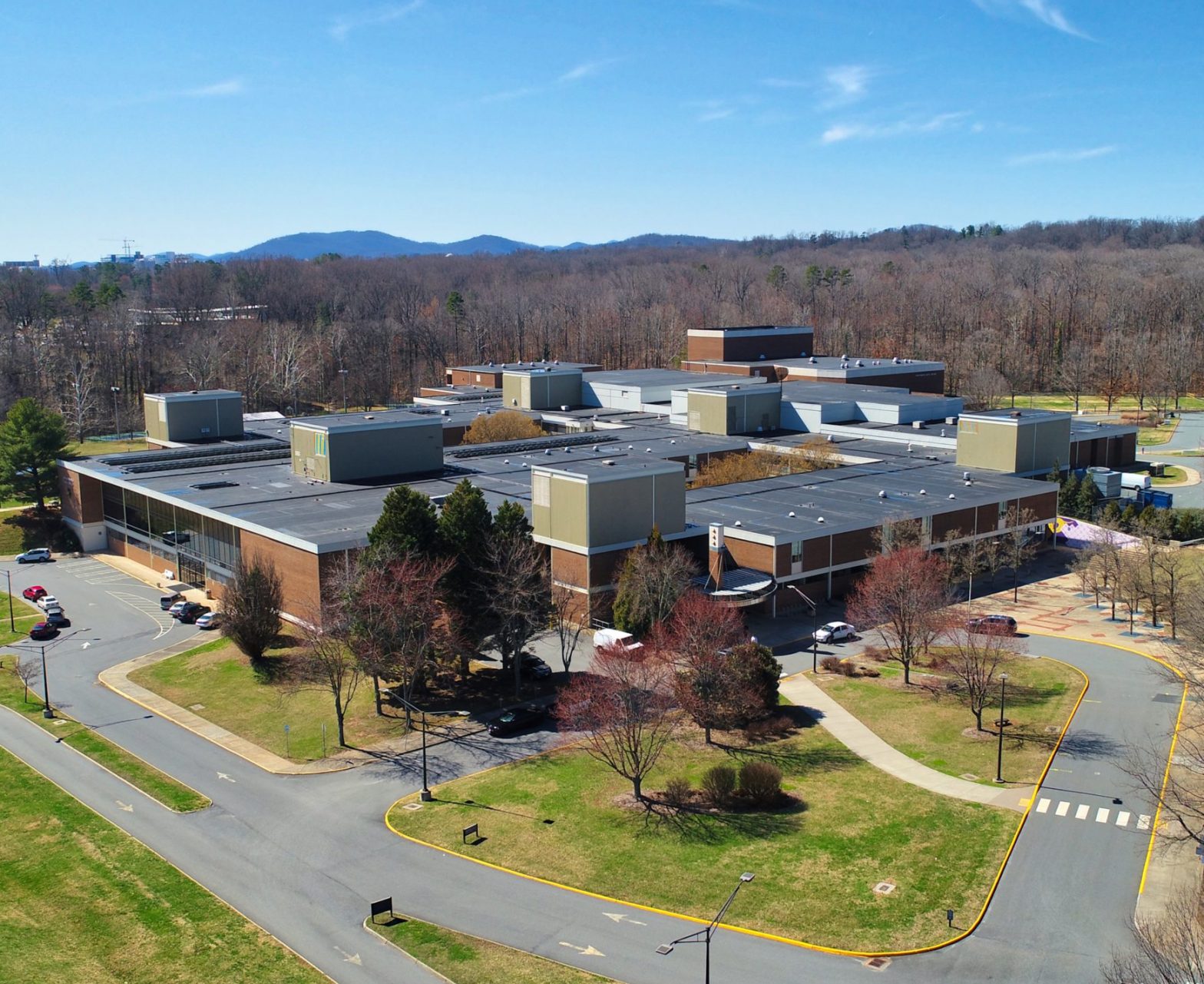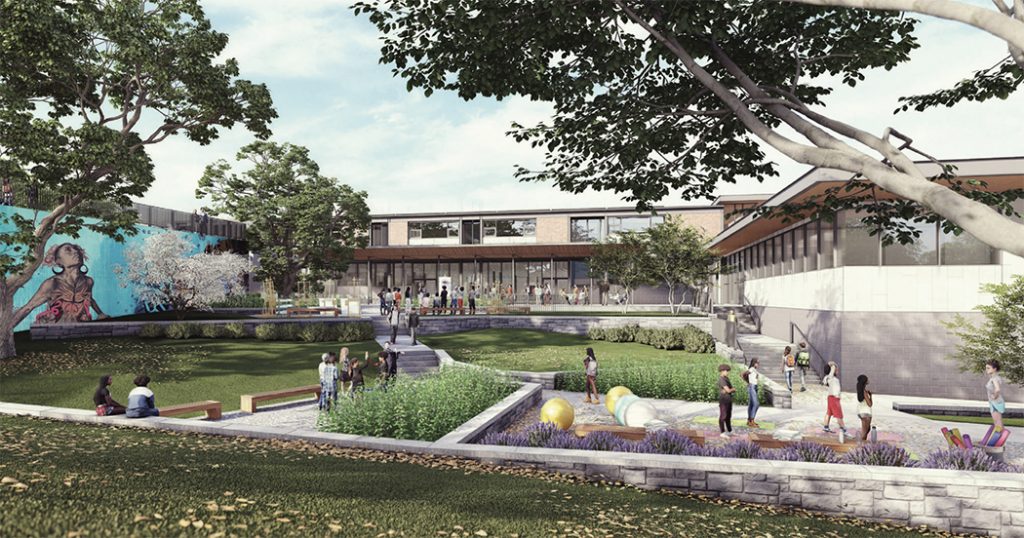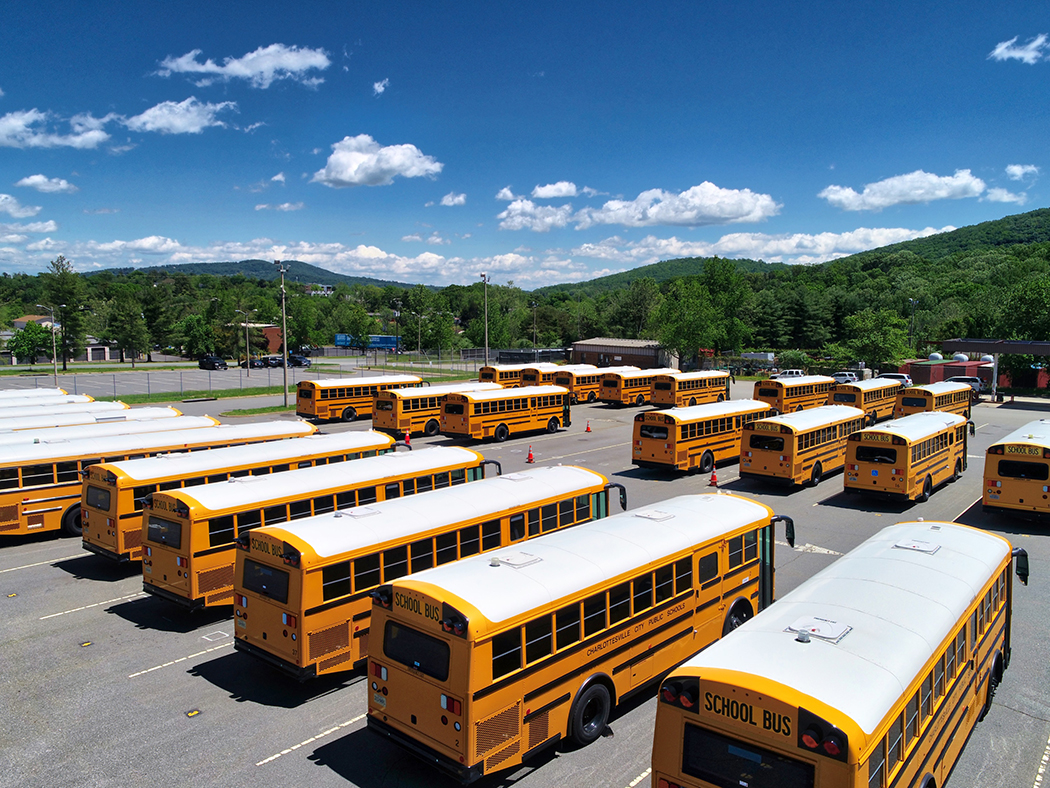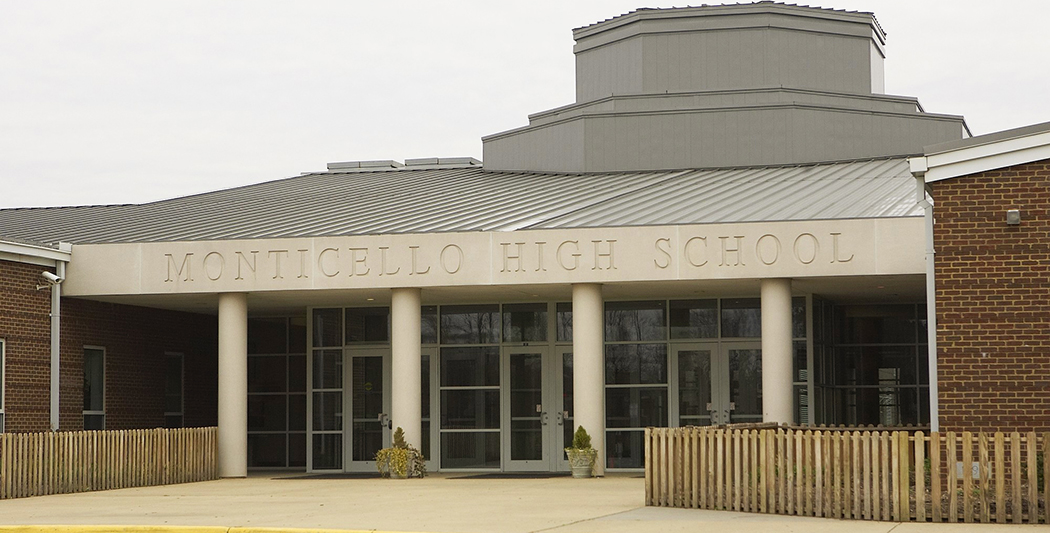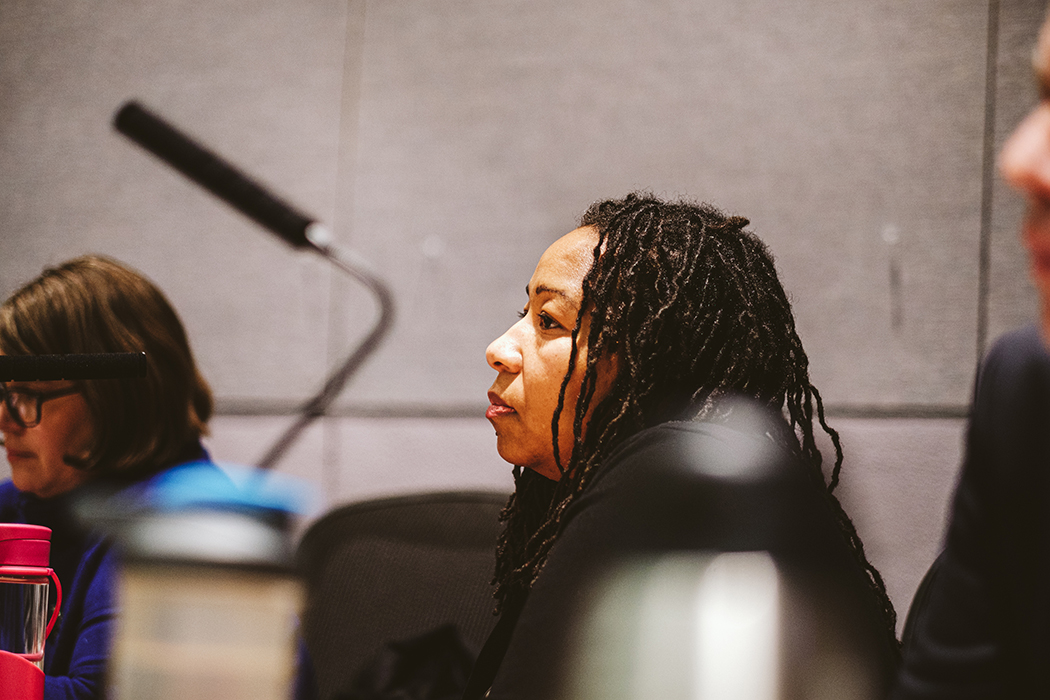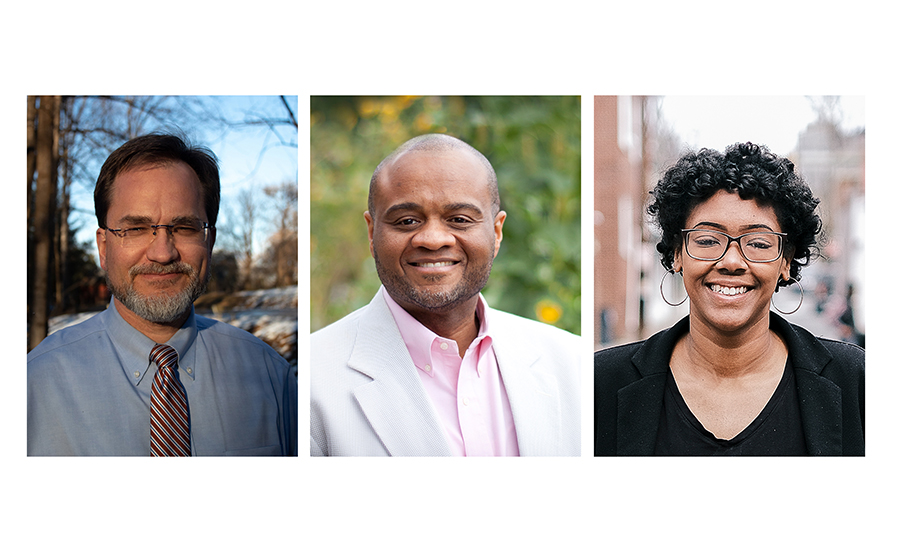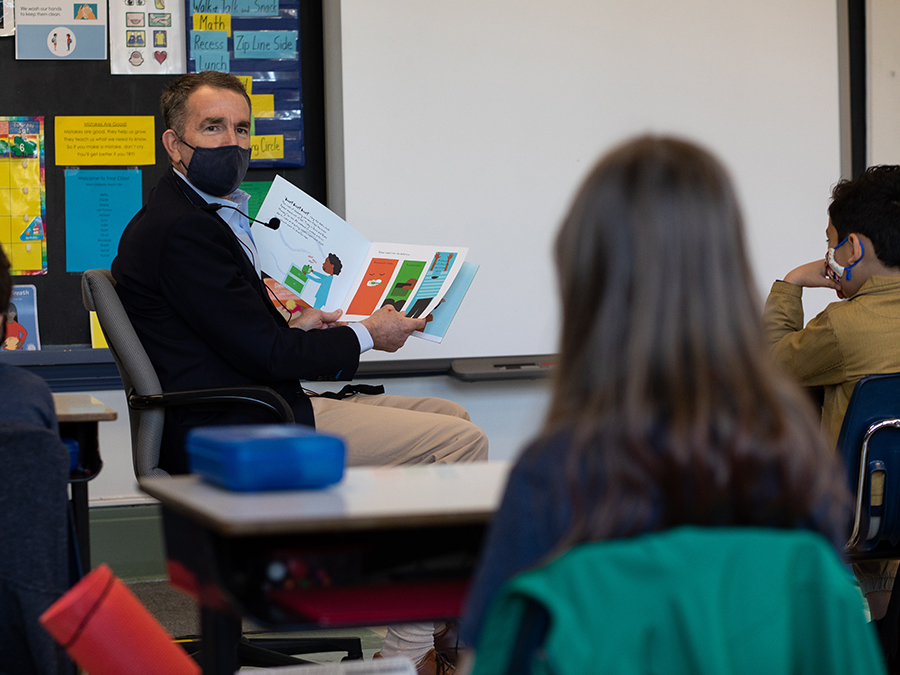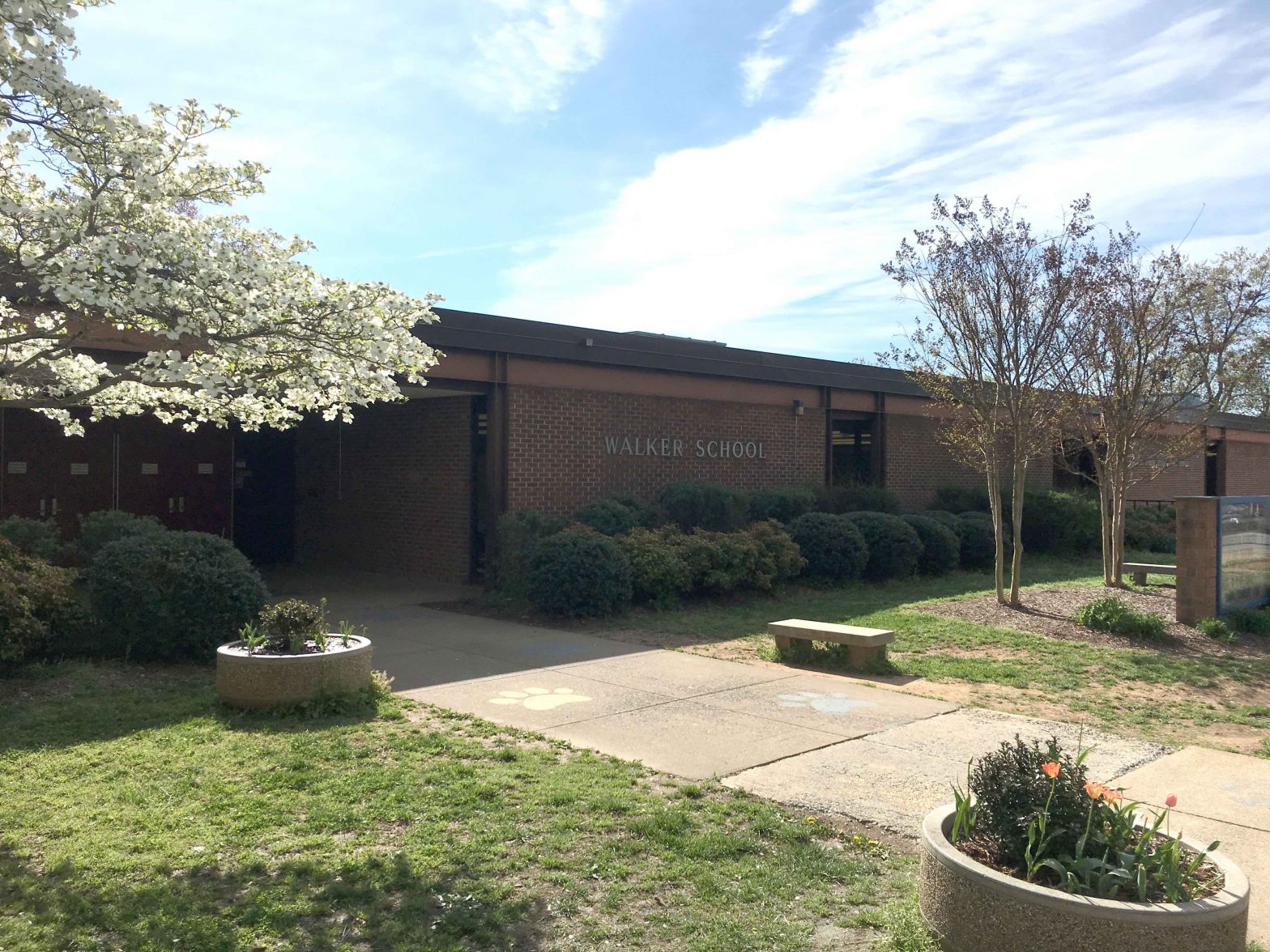City schools hires safety coordinator
Regine Wright, Charlottesville City Schools new coordinator of school safety and security, will oversee the major components of the division safety model that were adopted in 2021. They include: safety and crisis-planning and training, monitoring of security systems, and the Care and Safety Assistant program.
Wright, who was hired on March 20, has hit the ground running, and spent her first week on the job meeting with principals and students, and listening to their suggested areas of improvement. She wants to build on the complex safety program already in place at Charlottesville City Schools, and make modifications as needed.
She intends to use established relationships with the CPD and different safety organizations, acting as an intermediary. “I’m hoping just to be one more link in the chain,” Wright says. “This position actually gives me a great opportunity to start meeting kids one-on-one and try to find out what their individual needs are, and if I can help facilitate getting these kids in the right program or to the right person to try to help steer them away from some of the violence.”
In addition, says Wright, school officials specifically called for tabletop exercises. “They were requesting more [tabletop exercises] so they can start talking with their management teams more on how to walk through certain scenarios, so they can already have a game plan,” she says.
A University of North Texas graduate, Wright served on the Charlottesville Police Department for eight years, initially as an officer and then as the department’s first Black female detective. She then joined the investigative team for the Virginia Indigent Defense Commission, an organization that manages 28 public defender offices and two satellite offices serving communities throughout Virginia.
Wright says she left the police department because she was “looking for a change,” but the jobs she then occupied left a void. “What I had been missing since I was [in] a police department is the connection to the community and actually feeling like I was serving,” she says. “That’s a big passion of mine, serving and giving back and helping others. And a couple of jobs I’ve held since I left the police department just weren’t really fulfilling that desire for me. When this job opened up, it seemed like the perfect solution. … Even just in the first week, it lived up to my hopes and dreams and expectations.”
Wright also has volunteered with city school students through Burnley-Moran Elementary’s Girls on the Run program, the Boys & Girls Clubs, and UVA’s summer track program for Charlottesville youth. She also conducted classroom presentations at Greenbrier and Johnson elementary schools and at CHS, and led training in the area of trauma and youth.
“My main goal,” she says, “is to get in here and, you know, talk to the principals and the administrators and teachers as well as the kids and find out what they feel like the problems are and take a load off of them to have them [not have] to deal with the problems and not having to make the contact … and let me be that middle person. So they can focus more on, you know, teaching the kids.”
Surefire recipe for disaster
A room filled with packing peanuts, fireworks, and a St. Patrick’s Day-themed party at a University of Virginia fraternity. What could possibly go wrong? Well, a lot.
Shortly after 10pm on March 16, Charlottesville police and fire departments responded to a fire at the Kappa Sigma fraternity house at 165 Rugby Rd. No injuries were reported, and, while the cause of the blaze has not been confirmed, it is suspected that it had something to do with a DJ lighting off small-scale fireworks in a room overflowing with packing peanuts. Ya think?
First-year student Anastasia Arfyeva was at the Kappa Sigma house when the incident occurred. “It was so weird,” she says. “We were standing outside the house, and all of a sudden, smoke started to come out of the windows. We were literally about to go in, and it’s so scary to think we could have been inside if we showed up five minutes earlier.”
The UVA alert system reported the situation stabilized by 10:44pm. Kappa Sigma President Luke Stone has not commented on any public forum about the fire.
In brief
Even more shots fired
On March 22, Charlottesville police responded to a shots fired incident on Cedar Hill Road at Wayne Avenue at around 9:23pm. There were no injuries, but several cars were damaged by gunfire, reports The Daily Progress. On March 26, police also responded to a shots fired call near Dice Street and Sixth Street SW at around 8:30pm. No injuries or damages were reported, according to NBC29.
Assistant principal fired
Western Albemarle High School Assistant Principal Harold Hackney has been fired for allegedly allowing an intoxicated student to drive two other intoxicated students home on March 6. According to the Albemarle County Police Department, Hackney, 50, was charged with two counts of “causing or encouraging acts rendering children delinquent, abused, etc.” Each count carries up to a 12-month jail sentence and up to a $2,500 fine. The students, who had allegedly been drinking off campus before returning to school around lunchtime, will not be charged—but “certainly are subject to disciplinary procedures,” ACPS spokesman Phil Giaramita told The Daily Progress.
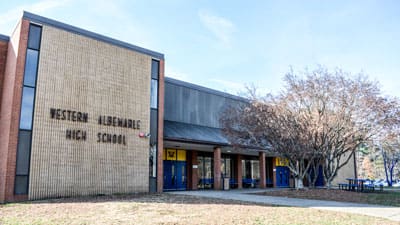
Back in business
Good news, BBQ fans: Ace Biscuit & Barbecue is back in business. New owner Stefan Friedman, a longtime fan of the restaurant, reopened the beloved Rose Hill spot on March 23, less than two weeks after previous owner Brian Ashworth announced he was shutting down due to financial issues. “Ol’ Dirty Biscuit forever!” reads a March 21 post on the restaurant’s Instagram.
